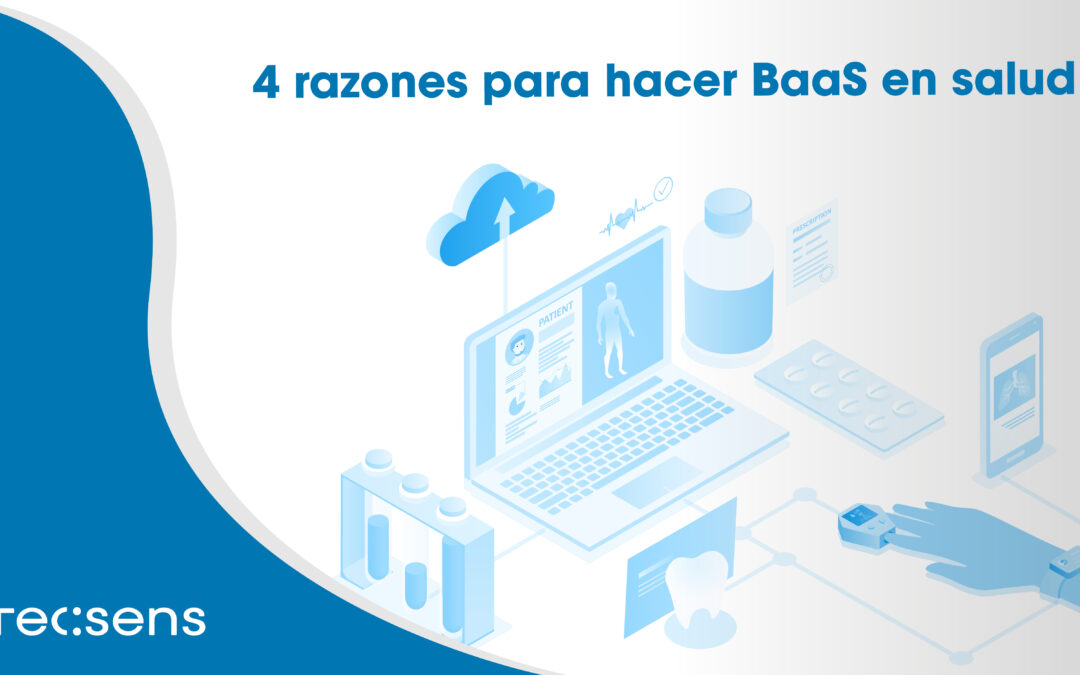In the digital age in which we live, the importance of data backup has become fundamental in almost every aspect of our lives. We often associate backup with protecting important files on our electronic devices or crucial business data. However, we rarely consider the importance of backup in health. We give you 4 fundamental reasons to do BaaS in health and the role it plays.
Innovations in the healthcare sector have improved the efficiency and accessibility of healthcare, they have also given rise to a new concern: data security.
Health data is some of the most sensitive and personal data out there. They include sensitive medical information, such as diagnoses, treatments, disease histories, and more. Loss of or unauthorized access to this data can have serious consequences for the privacy and well-being of individuals.
The vulnerability of health data
Health data is valuable not only to patients, but also to cybercriminals. Cyberattacks on healthcare systems and hospitals have become increasingly common in recent years. Hackers seek to gain access to medical records to sell information to third parties or even extort money from patients. In addition, accidental loss of data due to technical glitches or human error can jeopardize patients’ medical care and medical research.
The vulnerability of health data highlights the urgent need for effective security measures, and this is where the importance of backup in healthcare comes into play.
4 Reasons to Do BaaS in Health
Health data backup is essential to ensure the integrity and availability of critical medical information. Here are some reasons why backup is vital in the field of health:
Data Loss Protection
A proper backup system ensures that medical records are backed up and available in the event of data loss due to technical failures, cyberattacks, or natural disasters.
Compliance
Many regulations, such as the Health Insurance Portability and Accountability Act, require healthcare organizations to have security measures in place to protect health data. Backup is a crucial part of this compliance.
Continuity of Care
In emergency situations, such as natural disasters or cyberattacks, having backups of medical records allows healthcare providers to continue providing care to patients without interruption.
Medical Research & Development
Supported health data is essential for medical research and the development of new treatments and medicines. The loss of this data could delay major medical advances.
The importance of backup in healthcare is undeniable in today’s digital age. Protecting health data is essential to ensuring patient privacy, continuity of care, and progress in medical research.




